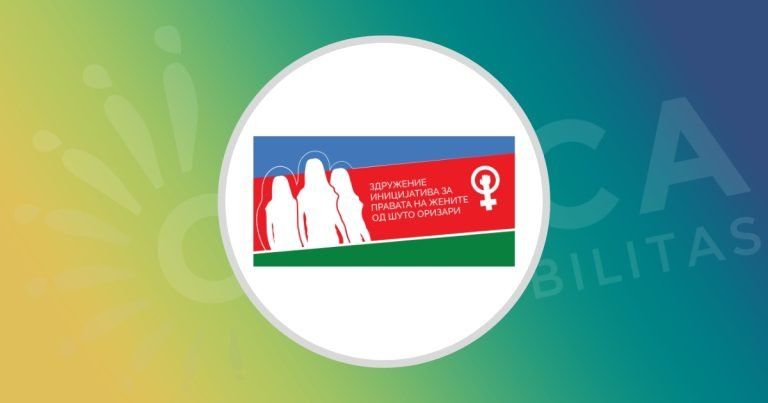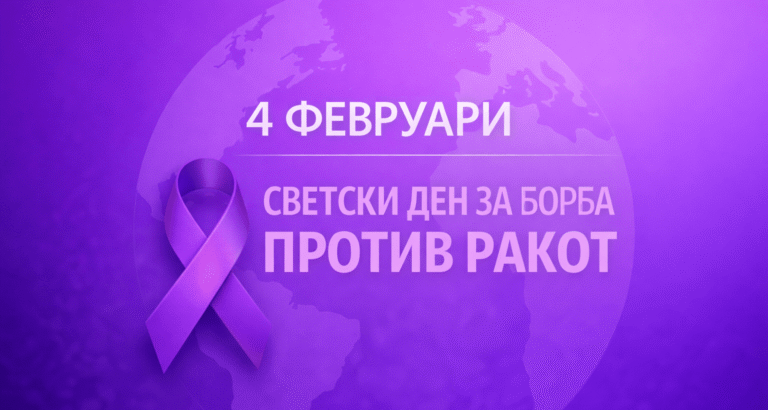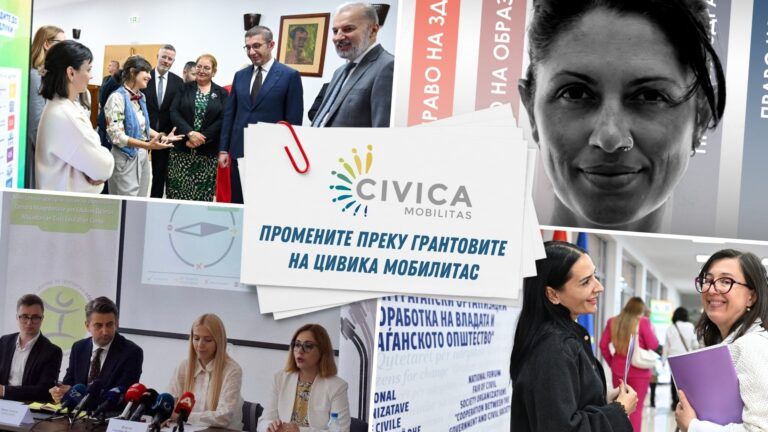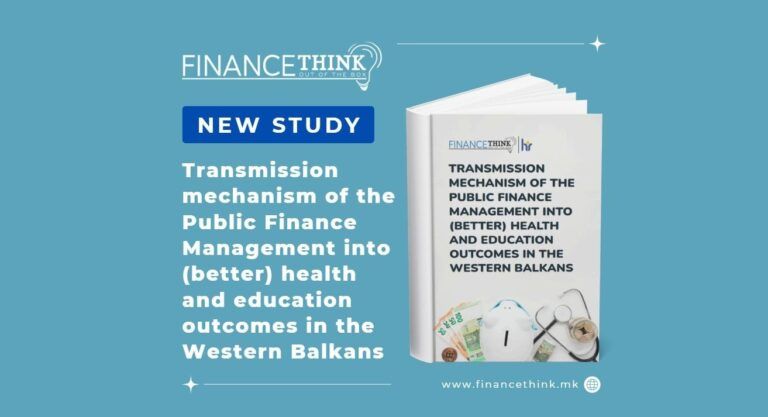A PRECIS OF A THREEFOLD ANALYSIS: THE MACEDONIAN-BULGARIAN DISPUTE AT THE HEART OF THE STALLED EU ENLARGEMENT
The Institute of Social Sciences and Humanities—Skopje is incredibly proud to announce the following policy brief which analyses and suggests specific resolutions to the dispute between North Macedonia and Bulgaria. The policy brief was written by Katerina Kolozova and is entitled: “A Precis of a Threefold Analysis: The Macedonian-Bulgarian Dispute at the Heart of the Stalled EU Enlargement.” If you click on the link below you can download a pdf version of the entire brief.
Executive summary
We argue that in order to circumvent the endless loop of attempts at resolving historical disputes, which, as we have learned from the Visegrad countries examples (including that of the Polish-German dispute), are never truly resolved as such, the problem at hand must be transposed at the political level and tackled through the means of multi-issue policy studies approach. Remaining in the framework of a discourse on history precludes from devising political and policy means that can address the problem at hand. Furthermore, we believe that posing the problem as a “historical dispute” is misleading as it also tackles the language (the Macedonian) and on equal footing with history too. Thus, the problem we are facing is very much like that between North Macedonia and Greece and should be tackled as such: it is a conflict pertaining to history, language, heritage and, therefore amounting to cultural conflict and fear of “cultural appropriation” – to paraphrase prof. Costas Douzinas at the Avenues of Cooperation conference (organized by ISSHS on December 3-4, 2021) – and should be addressed as such. The model of political means to do so can be found in article 7 of the Prespa agreement. However, the process of implementation should be comparable to that of Prespa and most of the Visegrad countries (including the Polish-German, Polish-Ukrainian, Polish-Russian, German-French and other examples that Visegrad processes of reconciliation were part of or built upon): a) it should be an open-ended process of cultural reconciliation, b) as advised by our Visegrad experts, history should not be part of any legally binding document, because, to quote Marta Szpala, “history is never resolved, nonetheless significant progress in reconciliation can be achieved”; thus the only time-bound document of legal nature should be a “framework of reconciliation” containing historical dispute and related curricula revisions as part of it, but not coming down to it. Youth cooperation could be a major aspect of the process of cultural rapprochement, and some good starting point is already in place, far better than the implementation of Prespa in its inception phrase, we were informed by youth organizations that were part of the Avenues of Cooperation conference program. To sum up, the Macedonian-Bulgarian cul-de-sac could be surmounted by formulating the problem in terms of cultural conflict and its political and policy means of resolution, with emphasis on educational policies as an interdisciplinary field (not merely focusing on history) in line with the up-to-date UNESCO guidelines, cultural policies and policies of enhanced economic cooperation.
Our recommendations are below, but we will restate them in this summary too to allow easier following of the fleshed out analysis:
Recommendations
• The first recommendation is multilayered and presented in the form of 4 sub-recommendations. We see the first recommendation as the prerequisite of any workable Roadmap of implementation. The two States ought to establish a clear distinction between the cultural, historical (insofar as science or academia) and political categories of discussion and respective policy solutions when it comes to the Treaty’s implementation, in the following way:
1) Cultural policies should be devised in order to address the cultural conflict at hand and offer resolution in terms of cultural and educational policies across disciplines (literature, arts, history);
2) In order to address both political and academic concerns nested in the curricula of both countries, such as the issue of content and wording nourishing xenophobia, as well as in the political culture of both countries, educational policies, including multiperspectivism as a method, should be put in place;
3) Historiography or pedagogy are not to deliver the solution to the conflict at stake but contemporary educational polices;
4) Apply educational and international relations policies that could affirm the indisputable connections in history regardless of whether such history is called shared or common – affirming them as the connection of continuity between the shared past but also hopefully shared future;
• The binational multidisciplinary Commission and the policy makers should be aided in revising curricula by UNESCO aligned educational experts; moreover, the Commission should be reformed and rendered an educational policy and cultural conflict resolution panel rather than a committee on “historical truths.”
• The Bulgarian Parliament should be made aware that article 1 line 5 of its Declaration from October 2019 is in conflict with the reality ensuing from Prespa Agreement signed in 2018, which is not merely a bilateral but an erga omnes legal act rendered such through the authority of the United Nations. Another reason for this recommendation stems from the value of good neighborliness – even if the legal erga omnes argument weren’t there, naming a neighbor’s language by the name it has given to it is the prerequisite of good faith instead of avoiding its use (esp. when the term “constitutional language” does not have a clear referent as explained in the analysis). It should be considered as a document of no legal value as it is inherently in conflict with the treaties signed with both Greece and Bulgaria.
• The Resolution of the Macedonian Parliament from July 29th 2021, should be annulled or amended by one of political wording – rather than nationalist prose –in line with the spirit of good neighborliness, a prerequisite for joining the European Union, entirely rid of the dangerous and hostile discourse of romantic nationalism.
• Both parliaments should refrain from passing declarations, resolutions, decrees and other documents that determine the “historical truth” thus directly breaching the academic freedom of both scientific communities.
• Instead, both parliaments and state institutions should focus on cultural conflict resolution policies that do not come down to culture only but are also related to infrastructural projects that would allow an accelerated communication (travel) across the borders, while also helping the implementation of other aspects of the agreement such as improved economic collaboration.
• Strong emphasis should be put on youth cooperation as the most efficient and effective form of cultural reconciliation.
The analysis A PRECIS OF A THREEFOLD ANALYSIS: The Macedonian Bulgarian Dispute at the Heart of the Stalled EU Enlargement is available HERE.





![[Aggregator] Downloaded image for imported item #43795](https://civicamobilitas.mk/wp-content/uploads/2026/01/611149509_1571871173934400_3927165331577291092_n-2-768x512.jpg)


